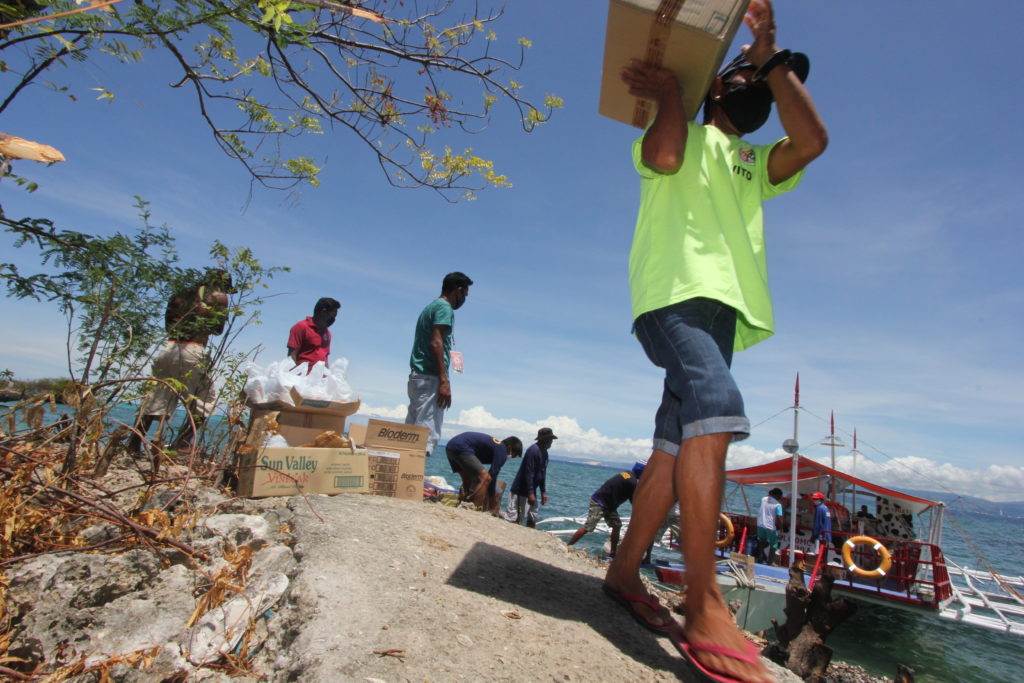
After the General Community Quarantine, (hopefully) we migrate to the New Normal, which, though defined by the Government already, has to be tested, implemented, evaluated, re-defined, amended, polished until “almost perfected,” and till we all get the feel of it.
This goes with the Philippine economy. An economy dependent on foreign markets has to revise its strategies in order to survive. This includes tourism and labor. For now, and until who knows when, only the local market can keep the economy from collapsing. The New Normal Economy translates to going back to basic.
Basic is that a country’s economy— wealth and resources, including labor—are intended for its people. We recall that a State has four (4) elements: a People, a Territory, a Government and Sovereignty.
While there is no legal requirement as to the number of people, it has been generally agreed that they “must be numerous enough to be self-sufficing and to defend themselves and small enough to be easily administered and sustained. As regards territory, the practical requirement is it must be “neither too big as to be difficult to administer and defend nor too small as to be unable to provide for the needs of the population.”
In retrospect, let’s revisit the catena of events that led to the “former” Normal Philippine economy,” an economy which has extended its scope to other states as knowledge and technology made the world evolve and ushered in globalization—an open world market. The Philippines, many economists have advised, needs to join in the bandwagon, or be “left behind.” Advisors (here and abroad) dangled the carrot that opening our markets will likewise allow our industries to enter other economies, expanding our market from merely domestic to an unlimited one.
So, trade liberalization we did—lowered tariff rates and removed quantitative restrictions, enacted laws encouraging exporting of goods and labor. Globalization also paved the way to world tourism.
International travel was not just about business anymore, but for leisure and health and education, and what have you. Tourism became an important player in the country’s economy, WOW Philippines!
True enough, the Philippines’ participation in globalization resulted in a robust export industry with products ranging from bags, toys, house furnishings to furniture. Cebu is in fact one of its major players. The quality of our labor export also improved from domestic helpers to high-paying jobs to include seafarers, nurses, doctors, accountants, and lawyers. Dollars were pouring into the country.
But this growth is superficial. While the country boasts of high gross domestic product (GDP), we still hear and see poverty all over. The social structure characterized by an inverted pyramid with the upper class at the tip, the middle class at the center and the income and food poor at the bottom, remains. Why?
comments are temporarily disabled.












